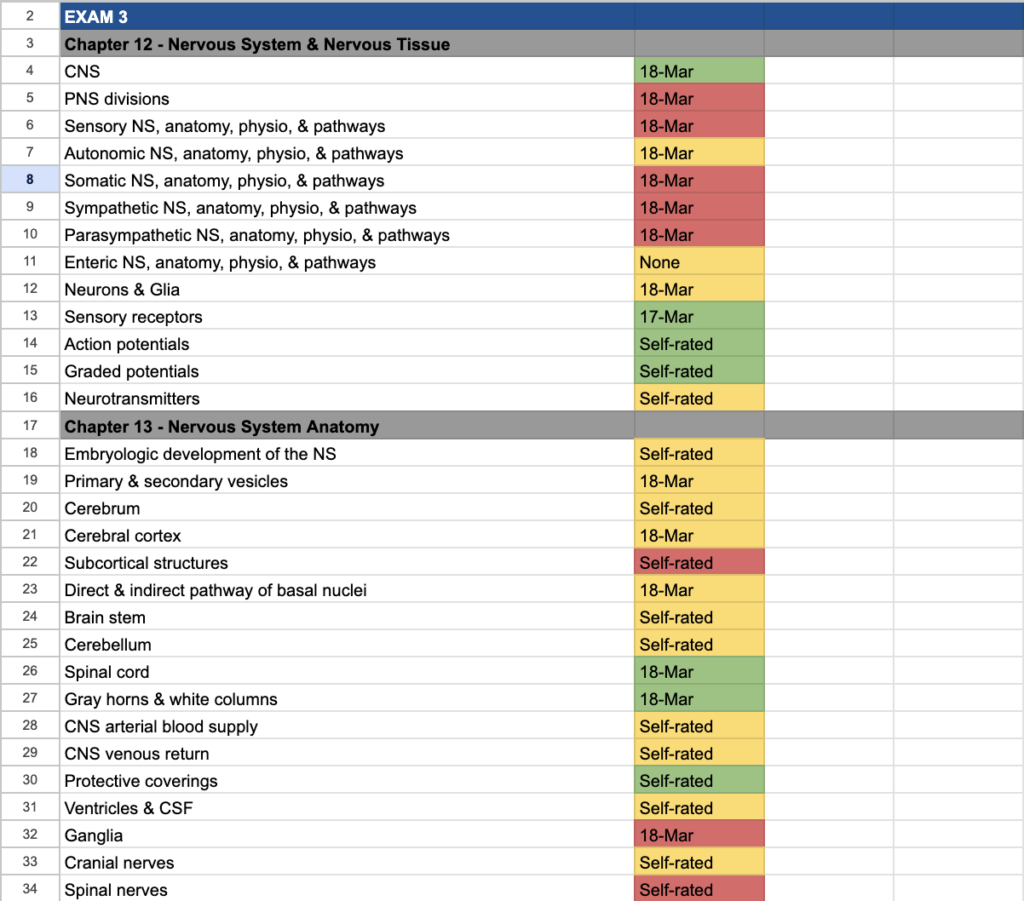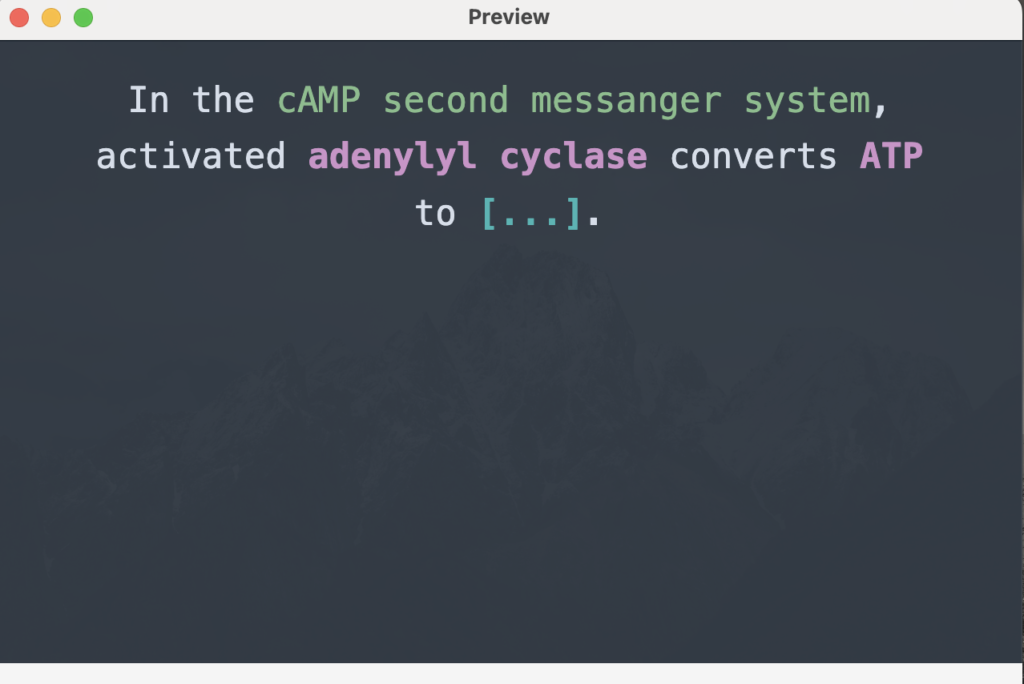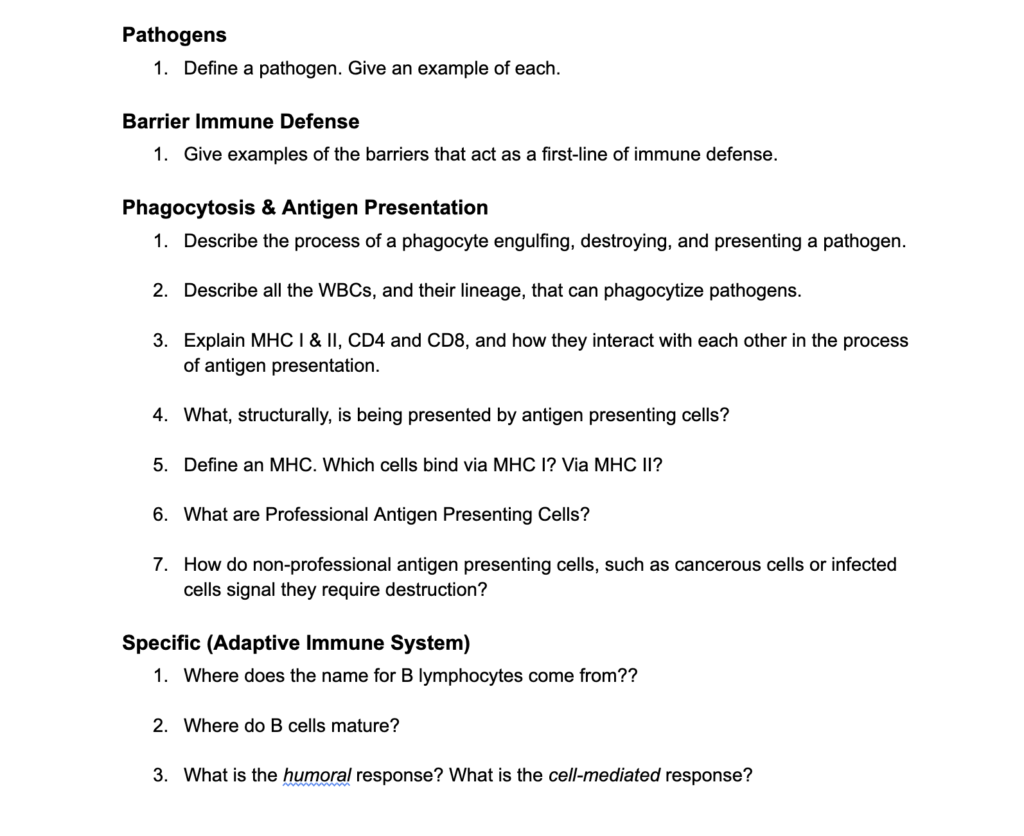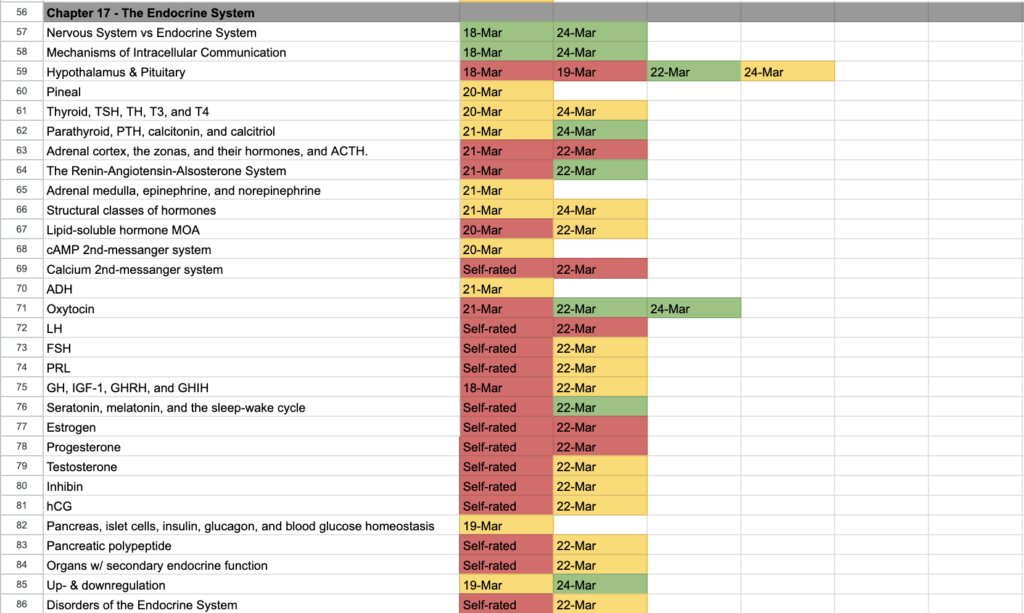I’ve had insomnia my whole life.
As a child, I was placed on ADHD medicine, which had the unfortunate side effect of keeping me awake throughout a significant portion of the night, so that I regularly was lucky to get a mere 4-5 hours of sleep. As an adult, the insomnia got worse. It peaked in the fall of 2021, my last semester at UC Berkeley before I withdrew. Despite my best efforts to do all of the “correct” sleep hygiene activities—dimming lights, reducing screen time, drinking a cup of chamomile, minimizing daily caffeine intake—I just couldn’t sleep. I began having periods where I wouldn’t sleep for two days, and on the third, would barely get five or six hours. Averaging 4-5 hours per night, and regularly getting no sleep at all, academic success in college became a near impossible challenge. But, I refused not to try. I gave it my best effort: I went to class. I worked as hard as I could on my homework. I exercised—Exercise was often the one thing that could get me some sleep, and so I did so religiously. In the middle of the semester, I had gone on a short run with a friend of mine, when all of the exhaustion finally caught up with me. I collapsed. I couldn’t stand up. I couldn’t keep my eyes open. And yet I couldn’t sleep either. This friend sat with me for half an hour, and then put my arm around his shoulders, and carried me back to his apartment. That felt like an eternity. There, he walked me upstairs, closed the blinds, and let me lie down in his room. He had to leave for a meeting, he said, but I could stay and sleep as long as I liked. And yet, even then I couldn’t. I was in this horrifying intermediate state where my body felt physically wrecked, as if every single cell within was screaming at me to sleep, and yet the neurons of my brain just couldn’t figure out how to do it. It was like a bad dream, where you’re running from something, but you can’t move. But even that would be better, because to dream, you must be asleep. I tossed an turned in his room for a full 24 hours, before somehow gaining enough energy to get up and struggle home. There, I lay in bed for another 24 hours before sleep finally came to me.
That was nearly four years ago. After that semester, I withdrew from college. I went to EMT school, got a job as an EMT, and discovered the incredibly profound passion I now have for helping others, and emergency medicine. Since then, my sleep has slowly improved. Working in EMS was, I believe, largely responsible for this. I believe that our minds and bodies are capable of much more than we realize, and oftentimes things that feel impossible become easy when the circumstances give you no other option. In EMS, people’s lives are on the line. Sleep just doesn’t become a priority any more. Like most places in EMS, the system I worked in was incredibly understaffed, and it was common to get mandated for day shifts if you were on nights, or vice versa. In EMS, you don’t get to be tired. You don’t get guaranteed sleep. The only thing you can count on is that you have the responsibility of someone else’s worst day on your shoulders, and something about that responsibility changes the game: You learn how to function on less sleep, because there’s no other option. Since then, my sleep has continued to improve. I now routinely get around 7 hours per night. I do light therapy every morning, where I essentially start every day by sitting in front of a painfully bright LED, which physiologically mimics sunlight and helps regulate my circadian rhythm. But sleep is still a tenuous process for me, and the exhausting haze of sleep deprivation is still a regular battle I face.
Enter Thursdays.
Thursdays are consistently the most challenging day of my week. In addition to insomnia, I also have to constantly balance my ADHD. I don’t take medication for it, because medications often tend to give me pretty bad side-effects (including worsened insomnia), and so I regulate my ADHD behaviorally. One thing I know about my ADHD is that my focus is the best early in the morning. If you combine this with the fact that I also simply enjoy the quiet peace of the early morning, I tend to wake up somewhere between 4:00AM and 6:00AM most mornings. I go through a quick morning routine, and then sit down at my desk, turn on my light therapy lamp, and begin studying. On Mondays, Tuesdays, and Wednesdays, this process comes easily to me. I wake up energized and excited to get started with my day. Except my Wednesdays are long. I usually don’t get home until 9:00PM or later, and often am not done with work and in bed until midnight—which means Thursday morning is a freaking battle.
When my alarm goes off on Thursday morning, unlike Monday through Wednesday, I do not immediately get out of bed. I slowly sit up, and stare confused at my alarm for a minute before I realize that it’s making noise, and turn it off. The enemy has drawn first blood. I move slower. I take longer to brush my teeth. I’m clumsy with my coffee, and spend a few minutes wiping up the grounds I spilled over the counter. I trundle back to my desk, and sit down. I turn on my light therapy lamp, open Anki on pure muscle memory, and begin studying. Perhaps, in the overall war, Thursday morning is a mere skirmish that historians won’t even deign to name. But for me, in those early morning moments, it’s a to-the-death onslaught between every hardwired fiber in my body and mind telling me:
Go back to bed!
Sleep a little bit more… studying isn’t this important.
Your goals can wait.
Study another day.
Work towards becoming a doctor another day.
Just go back to sleep!
And that one little voice of dissent in the back of my brain, shouting at the top of his lungs:
NO! SCREW THAT!
You are counting on yourself to reach your goals. Don’t let yourself down.
I am a firm believer that who we are is defined by our actions when things stop getting easy. It’s easy to say that you want to be a doctor on a Monday when you’ve gotten nine hours of sleep and woke up feeling refreshed and ready to start your day. But what about when it’s Thursday morning and the devil on your shoulder is doing everything in its power to get you to give up and go back to sleep? No single Thursday morning will make or break my whether or not I achieve my hopes and dreams of becoming a doctor. But over time, those Thursdays sure add up. In wildland fire, there is the saying: “Ounces are pounds.” Indeed, Thursdays are ounces, but they add up. How my Thursday goes often defines the rest of my week. If I lose that battle, and sleep in, a snowball effect begins; maybe I skip my workout to catch up on studying, and feel sluggish on Friday. Then Saturday and Sunday are spent getting back on track, and little progress is made. While if I push through that battle on Thursday morning—not if I win, but merely if I don’t give up and go back to sleep—I’ve set the tone for the rest of my week, and progress is made.
I am far from perfect, and there are many Thursdays where I lose the battle. But more than anything else, I am grateful for the challenge that each Thursday morning provides me, and I look forward to it. I am no longer in the life-or-death world of EMS or wildland fire. As I return to college, trading shifts on the box for shifts in the library, and handoff reports to a code team in the ED for handing off my homework to a TA, my day-to-day life does not consistently have the life-or-death responsibility that is the burden of working in EMS or similar fields. Now, the only life-or-death responsibility I have is to myself: Because indeed, every action I take determines the outcome of my life. Whether or not I wake up early and slog through two hours of Anki, exhausted from lack of sleep, or simply snooze my alarm, may be the difference between realizing the dreams I hold for my life, or watching them all slip away. And in some ways I find this harder; I find responsibility to others easier than to myself. Now the only person my actions affect is myself, and I am not as disciplined as I want to be. But Thursday mornings give me the opportunity to practice that discipline. Consistency is the most powerful weapon one can have, and so that’s what I focus on with my Thursdays. And while the progress is slow, over time that snooze button has gotten a little less love, and waking up each Thursday morning has become a little bit easier.
The exhaustion of lack of sleep, which once felt like a weakness to me, has become my strength. I now view my insomnia as a strength; a regular chance to practice discipline, and a chance to do the things I want to when it is hard, not just when it is easy.
I’m writing this on a Friday, the morning after a particularly rough Thursday. Yesterday was a freaking battle, and I’m not sure I came out on top. I slept longer than I wanted to. I didn’t get all of the studying done that I planned on. I had to triage my workout to a different day. But I didn’t give up. I got every single Anki review done, squeezing them in on my phone between other things as I walked from meeting to meeting. I meal prepped. I finished all of the preparatory work I needed to do for my tutoring sessions this weekend.
I didn’t give up. And now, it’s Friday, which means it’s time to refit, refocus, and prepare again for the next Thursday battle, so I can do it all over again.



